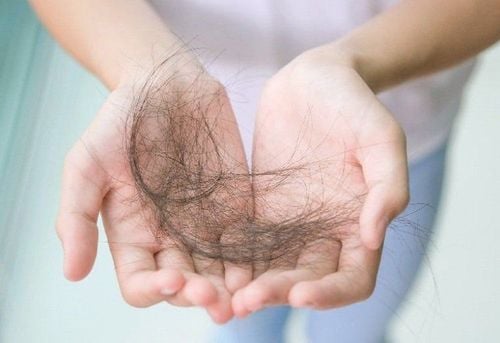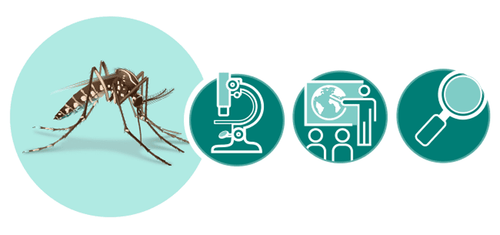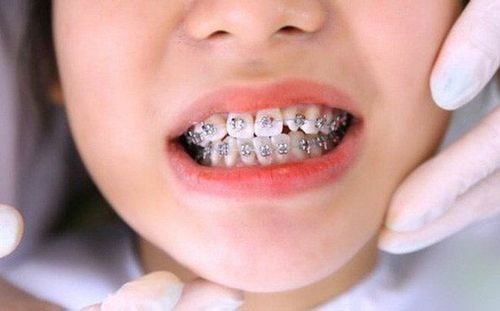This is an automatically translated article.
Mosquito bites or other insect bites often cause itching, which may sting or swell a little. You can prevent your child from getting bitten by using age-safe mosquito repellents.
1. Treatment of insect bites in children
Treat insect bites in children with the following:
Wash the bitten area thoroughly with soap and water. Use a cold pack to reduce swelling or itching. Apply hydrocortisone cream, antihistamine cream, calamine lotion, or a mixture made of baking soda and water several times per day. Note, do not apply calamine or baking soda to insect bites near your baby's eyes or genitals. Keep fingernails short so that children do not scratch, avoid scratches and the risk of infection.
2. When to see a doctor if a child is bitten by an insect?
If your child's insect sting seems very uncomfortable, ask the doctor about giving your child an antihistamine to relieve itching. Your doctor may also prescribe acetaminophen or ibuprofen if your baby is at least 6 months old. The bite can become infected within a few days, especially if the child scratches a lot, leading to scratching. An infected bite should be treated with antibiotics. See your doctor if you notice any of the following:
The child was stung by an insect stung, there was severe pain in the bitten area Heat or redness spreading around Red streaks on the arm or leg Yellow-white discharge The bite develops an open sore Fever If you notice a circular or ring-shaped rash within 3 days to 1 month of your child's insect sting, seek medical attention immediately. This is a sign of Lyme disease, which is bitten and transmitted by ticks.
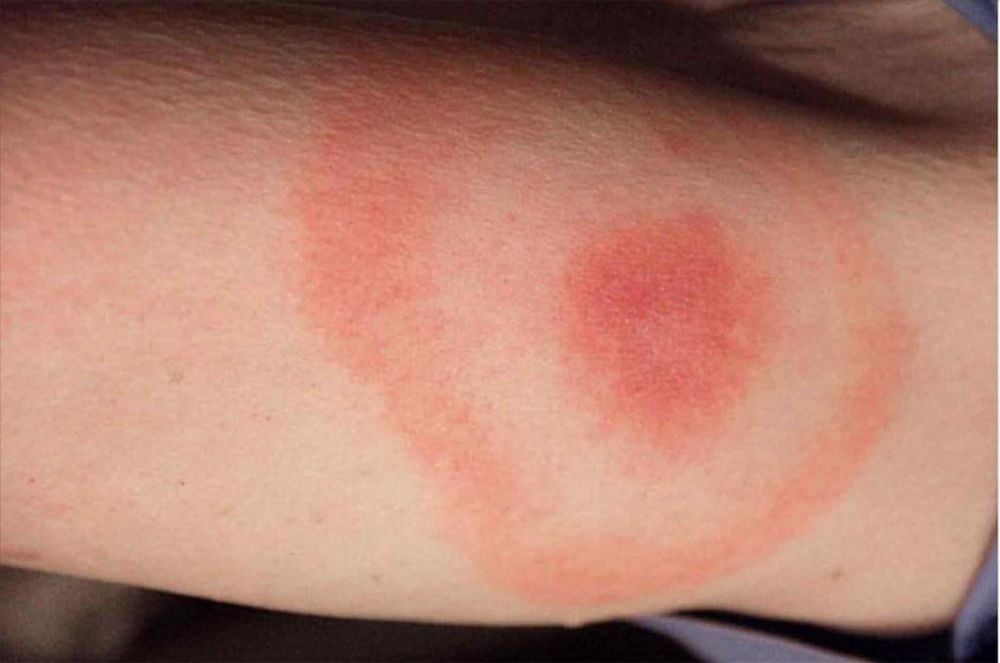
Trường hợp có phát ban hình vòng trong vòng 3 ngày, nên đưa trẻ đến gặp bác sĩ
Swelling of the skin, lips, throat, tongue, or face Wheezing or severe breathing problems Severe Fast or weak pulse, irregular heartbeat Hives Dizziness, fainting, loss of consciousness Nausea, vomiting, stomach cramps, diarrhea Pale skin, sweating or paleness Confusion, slurred speech.
3. Preventing children from being bitten by insects
To prevent children from being bitten by insects, you can use some of the following measures:
Use insect repellent. Check to make sure that the product you choose is safe for children. Product selection should also be based on the type of insect you want to avoid and the length of time it needs to be protected. Have your child wear light-colored clothes, as tightly as possible, when outdoors. Avoid bright colors and floral prints. If you're going to a place with lots of trees or tall grass, have your baby wear long pants and tuck his pants into his socks. Do not allow your child to go outside barefoot. Wearing closed-toe shoes is safest. Do not use soaps or shower gels that are too scented to avoid attracting certain types of bees. Avoid places with lots of mosquitoes and insects, such as standing puddles, bushes or weeds, flowerbeds, uncovered food, and open trash cans. Cover your plate when you're eating out. Teach your child not to catch or tease insects. Instead, show your child how to safely avoid insect stings. Repair holes in windows and doors at your home. Consider using mosquito nets around your baby's crib or bed if you see insects in the house. Use protective screens on seats, cribs, backpacks, or strollers when outdoors during the summer, when there are many insects. Check pets and pets to make sure they are free of fleas and ticks. Destroy the insect nests around your home. Empty standing water in containers such as gutters, flowerpots, and crates. Regularly change the water in pet dishes.
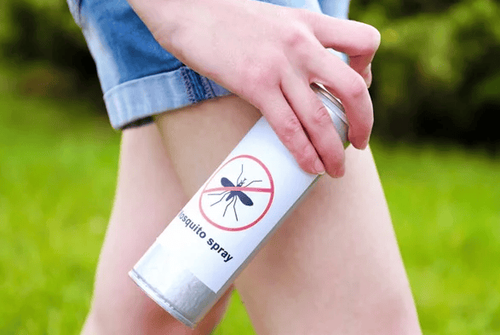
Tiêu diệt các tổ côn trùng xung quanh nhà của bạn giúp ngăn ngừa trẻ bị côn trùng đốt
4. Note when using insect repellent for children
When your baby is 2 months old, the Centers for Disease Control (CDC) and the Environmental Protection Agency (EPA) say you can start using repellents containing DEET, picaridin, 2-undecanone or IR3535.
For children 3 years and older, you can also choose products that contain lemon eucalyptus oil (OLE or para-menthane-diol, PMD). The American Academy of Pediatrics (AAP) recommends against using products with concentrations of DEET > 30% in children.
Alternatively, you can try some natural insect repellents, such as lemongrass essential oil. Don't forget to read the bottle label before use to make sure the product is safe for babies. Most safe products must clearly state an age limit for use. Natural insect repellents don't usually last as long as chemical ones, so you may need to reapply frequently.
In some countries, mosquitoes, flies, fleas and other insects carry serious diseases such as malaria and yellow fever, Zika, dengue fever. So before traveling to another place, ask your doctor if your child needs vaccinations or prescription medications to prevent insect bites.
Children need to provide enough elemental zinc/day for them to eat well, reach the correct height and weight and exceed the standard. Zinc plays a role in affecting most biological processes taking place in the body, especially the breakdown of nucleic acids, proteins... Organs in the body when zinc deficiency can lead to a There are a number of diseases such as neurological disorders, irritability, etc. Therefore, parents need to learn about the role of zinc and guide them to appropriate zinc supplements for their children.
In addition to zinc, parents also need to supplement their children with other important vitamins and minerals such as lysine, chromium, B vitamins,... errands.
Please regularly visit Vinmec.com website and update useful information to take care of your baby and family.
Reference source: babycenter.com






